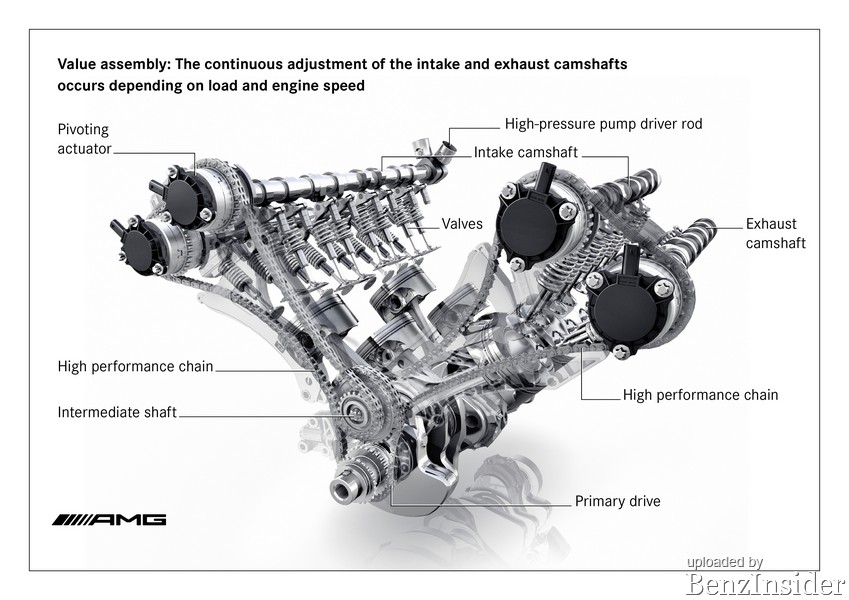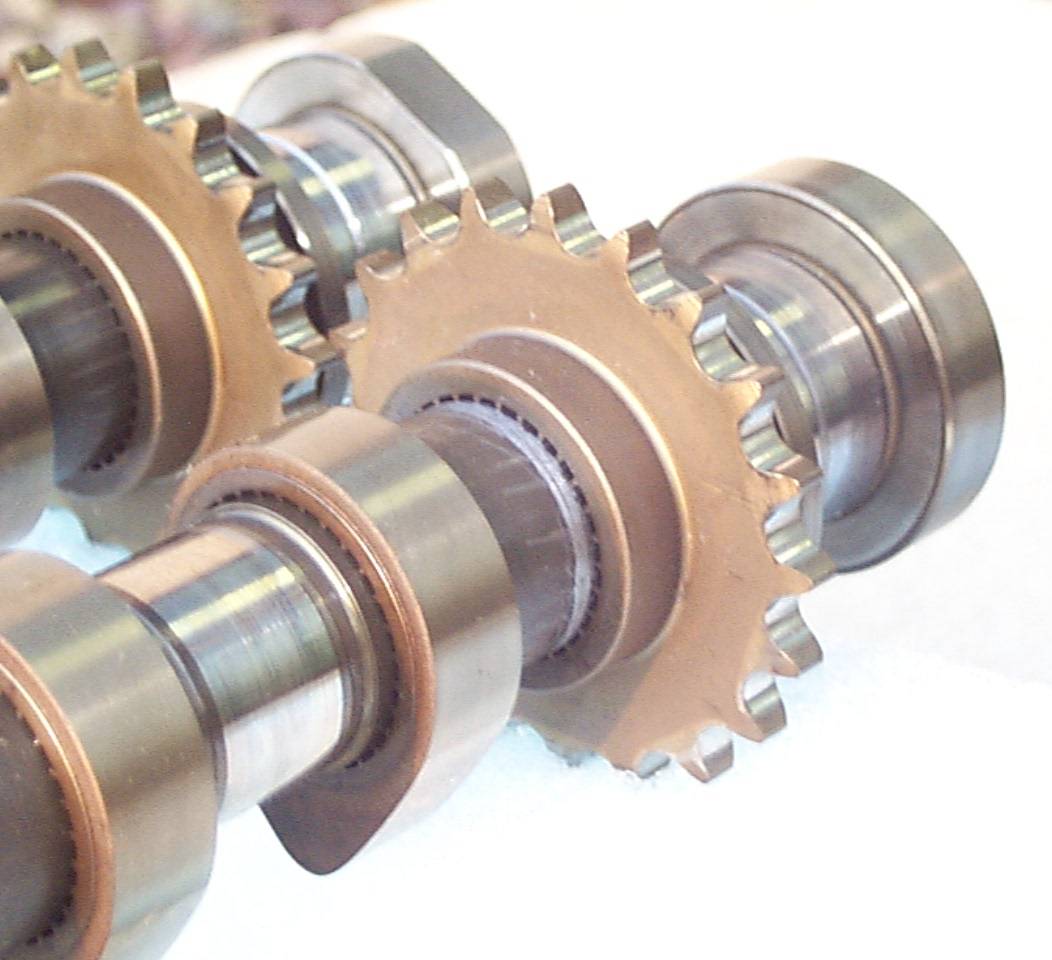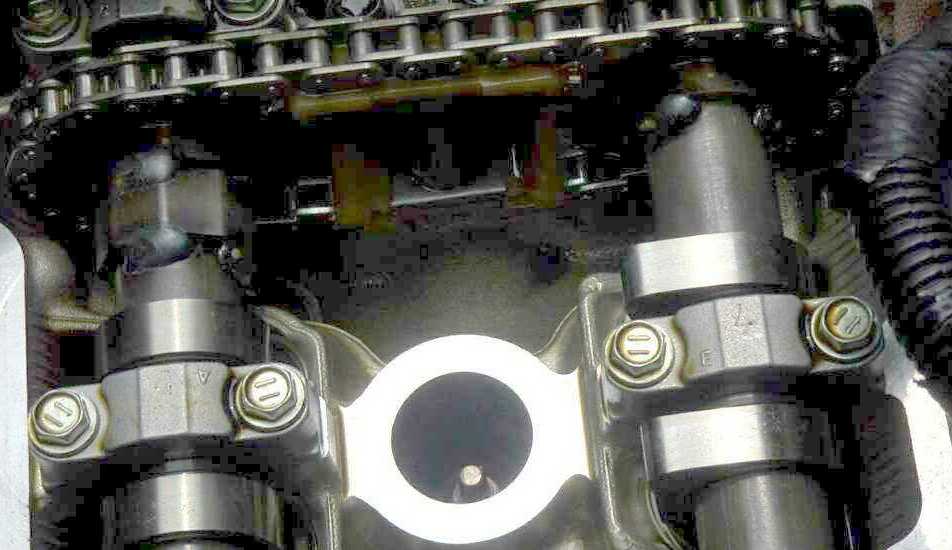Originally Posted By: Pontual
Originally Posted By: 02SE
Ford 3.0 Vulcan V6 in my Mom's Ford Taurus. It was always strictly maintained by me, since I worked as an ASE Master Tech at the time. Oil changes, coolant changes, transmission service, etc. all performed on time with high quality fluids.
The lifters started sticking at about 20k.
The main bearings developed excess clearance with some audible knocking at about 23k.
Too many water pumps to count.
Not the engine itself but other parts failed often too.
Power Steering pumps.
A couple power steering racks.
Numerous factory Alternators.
The trans was rebuilt at 30k, 65k, and finally at 95k.
A headgasket finally let go at just over 100k, and I told my Mom it was time to stop throwing good money after bad.
I got her a Camry. It has had exactly zero problems in the last 13+ years. It still runs as good as the day it drove off the lot. A marked contrast to that POS Taurus.
Abused car? Let's see:
"The lifters started sticking at about 20k." You changed the oil, really?
"The main bearings developed excess clearance with some audible knocking at about 23k." Excess load and rpms do that
"Too many water pumps to count." Excess rpm gives that
Not the engine itself but other parts failed often too.
"Power Steering pumps." Not engine related, just bashing the car
"A couple power steering racks." same here
"Numerous factory Alternators." Redlining all day long gives you that
"The trans was rebuilt at 30k, 65k, and finally at 95k." Full throttle takeoff launches gives that.
"A headgasket finally let go at just over 100k, and I told my Mom it was time to stop throwing good money after bad." Low grade gasoline on abused car gave you that.
About the Camry, let me guess: You weren't driving neither maintaining her cars anymore.
Yeah I bet his Mom really loved revving that Vulcan.
As a former 3.0L Vulcan owner, who also maintained the vehicle properly, I can tell you mine went through water pumps like changing underwear. We stopped buying refurbs but Ford dealer pumps were no better. Mine also went through a rack. So did all 3 of my brother's Taurus's/Sable's. Mine also went through an A/C, as did all 3 of my brother's. That was about it for him but my pain only ended for me when the heads went up at 170K. I paid for every mile over 60K like a new car monthly payment in parts and labor. It was hands down the worst vehicle I ever owned. I will say this, the block and heads lasted 170K, except for the camshaft position sensor, and the transmission failed, though I hated it's behavior. Just about everything else on that care failed regularly.
And, by the way, calling people a liar is bad form, even on the Internet.
Maybe you had a great experience with your Taurus. Not everyone has.
http://www.taurusclub.com/forum/attachments/odds-ends/67738d1372223527-taurus-memes-39141010.jpg
http://i1253.photobucket.com/albums/hh591/joshschmitt98/modtaurusmeme_zps04a282e4.jpg
http://cdn.meme.am/instances/500x/43811536.jpg







